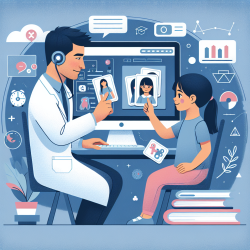In rural Sierra Leone, diarrhea is a leading cause of child mortality, with contaminated water and spoiled breast milk identified as primary causes. The study, conducted by McMahon et al. (2013), used applied qualitative research methods, including in-depth interviews and focus group discussions, to understand local perceptions of diarrhea causation and prevention.
Key findings from the study reveal:
- Contaminated Water: Respondents consistently identified contaminated water as a major cause of diarrhea. They understood the importance of clean water but faced practical challenges in accessing it.
- Spoiled Breast Milk: Many respondents believed that breast milk could be contaminated by various factors, including sexual intercourse and maternal conditions like menstruation or pregnancy. This belief often led to the harmful practice of denying breast milk to children.
- Poor Hygiene Practices: The role of open defecation and inadequate handwashing was less understood, highlighting a need for increased education on these practices.
- External Agents and Dietary Imbalances: Some respondents attributed diarrhea to curses or dietary imbalances, which are relatively benign and do not necessitate programmatic attention.
For practitioners in the field of speech-language pathology, these findings offer several actionable insights:
- Reinforce Positive Behaviors: Emphasize the importance of clean water and proper hygiene practices in your therapy sessions. Incorporate these topics into educational materials and activities.
- Address Harmful Beliefs: Educate caregivers about the benefits of continued breastfeeding, even during maternal conditions like menstruation or pregnancy. Correct misconceptions about spoiled breast milk to prevent harmful practices.
- Promote Hygiene Education: Develop and implement programs that educate children and caregivers about the importance of handwashing and proper sanitation practices.
- Encourage Further Research: Stay informed about ongoing research in child health and apply relevant findings to your practice. Encourage colleagues to do the same.
By integrating these insights into our online therapy services, we can create more effective and culturally sensitive interventions, ultimately improving outcomes for the children we serve.
To read the original research paper, please follow this link: Spoiled breast milk and bad water; local understandings of diarrhea causes and prevention in rural Sierra Leone.










